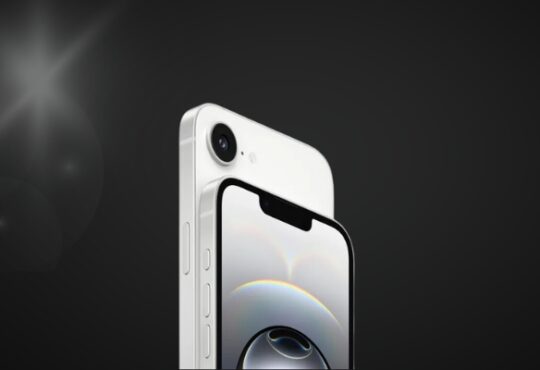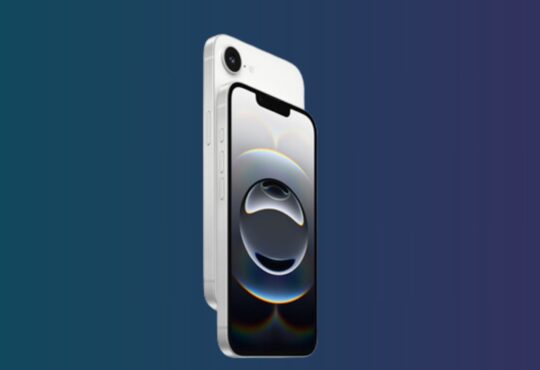
There are a few tools that are essential for camping. One of them is a multi-tool. Luckily, there are lots of great options out there for those looking to make their next camping trip a success.
Stuff breaks while camping, so it’s important to be able to fix it. A few other key items include:
Compass

The compass is an indispensable tool for hikers, backpackers, and campers. It is particularly helpful for backcountry camping trips, where off-trail navigation may be required. It’s also a necessary addition to any camping trip that requires crossing rivers or lakes. A compass can help you navigate to landmarks, which will make it easier for you to find your way back if you do get lost.
It can be a lifesaver in the event of a wilderness emergency. Unlike GPS devices, it is not prone to battery drain or blizzard conditions. A compass is an essential safety precaution, as well as a reassuring backup in case other technology fails. It also takes up very little space in your backpack. Look for a baseplate compass with a lanyard mount, so you can clip it to your pack straps or around your neck.
Sun Protection

Sun protection is an important part of camp for any camper. UV rays can cause skin damage that can lead to a variety of problems, from mild sunburn to cancer. Encourage your campers to use sunscreen and protective clothing and take frequent breaks in the shade.
A good pair of sunglasses is also essential to protect your eyes from the sun. Many camps make sure to have a lot of shaded areas around the campus and encourage campers to make use of these.
A hat and/or jacket with a brim is a great way to protect the head, ears, and neck, which are commonly exposed to the sun. Sun protection also includes a sun-protective shirt, as well as water-resistant sunscreen. Bungee cords are a helpful tool to have when camping and can be used in a variety of ways.
Flashlight

When camping, it’s important to bring along tools that are both practical and functional. A flashlight is one such tool. Flashlights provide illumination for many activities in the dark, including locating items in your backpack and setting up camp. Many flashlights come with adjustable brightness settings, allowing you to conserve battery power or maximize visibility as needed.
On a moonless night in the woods, it can be very dark and difficult to see your surroundings. A good flashlight can help you navigate in the darkness and also help you spot any wildlife that might be a threat to your tent.
Some hikers prefer to use headlamps instead of flashlights because they are more convenient and hands-free. However, the flashlight is the most crucial tool to have if you are camping in the wild. It can even be used to signal for rescue if you are in trouble.
Tarp

Few pieces of camping gear are as versatile as a tarp. Aside from the obvious purpose of protecting your tent, a tarp can also act as a floor in a minimalist shelter, a cooking area, a sunshade, and a windbreak.
A tarp can also help you cross a stretch of water without a boat by creating an emergency group shelter or simply acting as a waterproof skin stretched over a frame. Tarps are especially useful if you sleep in a bivvy bag or groundsheet, as they can be thrown over your body to transform it into a warm and comfortable sleeping space.
Lastly, a tarp can make an excellent hammock if strung between two trees or over a sturdy rock formation. Just remember to bring a few extra tarp stakes, preferably made from a stronger and lighter material than the tent stakes that come with your tent.
Knife

A knife is one of the most important tools to bring with you when camping. It is useful for many different things including cutting ropes and improvising utensils. It is also helpful for chopping wood and clearing away brush that could be blocking your campsite.
A good camping knife should be durable and have a sharp blade that can be easily resharpened. It is also important that it has a large blade so you can cut wood for a campfire or to use for making a shelter.
Without a knife, starting a fire can be difficult. If you are not able to find any kindling or tiny twigs, it may be impossible to start a fire. A good pocket knife can be very helpful in this situation. It can even be used to chop up some twigs into small pieces for fire starters. When considering essential outdoor gear, you may want to check for available discounts or coupons, such as a White Duck Outdoors Coupon, to potentially save on your purchase.
Sleeping Bag

Among the most essential items of camping equipment is a sleeping bag. It keeps you warm and comfortable throughout the night and can make or break a camping trip. Sleeping bags are available in a variety of sizes, warmth ratings, and insulation types (down or synthetic).
A liner for your sleeping bag adds extra comfort and can help keep the bag clean from body oils and sweat. It also helps prolong the life of your sleeping bag.
Choose a sleeping bag that is best for the type of camping you’ll be doing. Rectangular bags offer more room; mummy bags are snugly fitting and best for cold weather; and mountaineering bags have a waterproof/breathable membrane. Many sleeping bags are also made with ethically harvested goose or duck down. They may have hoods for additional warmth and zipper features to prevent snagging and ripping. When shopping for a sleeping bag, you may want to check for available discounts or coupons, such as a Sport and Outdoor Coupon code, to potentially save on your purchase.
Water

Water is the cornerstone of a successful camping adventure. It is indispensable for hydration, cooking, and cleaning. Water requirements vary depending on the weather and the level of physical activity.
Backpackers often carry a personal portable water filter, while car campers may be able to access drinking water at campsites. It is also important to bring supplies to treat or purify water from natural sources like lakes, streams, and rivers, as stagnant water incubates harmful bacteria.
The rope has many uses at a campsite, from making clotheslines to creating a shelter to tying items to trees during a storm. It is important to know how to tie a variety of knots. Other useful tools include a multitool (or at least a knife), a small repair kit, and strong tape. Many hikers also carry a lightweight camping hammer that can double as an axe, saw, and chisel.
Cooking Utensils

A camping trip isn’t complete without a campfire, so it’s essential to have the right tools for cooking your meals. A sturdy knife set is a must, and one with a holder or sleeve helps keep your fingers safe. For something extra handy, consider a pocket-sized multi-tool that can also be used as an axe, saw, screwdriver, and more.
Adventure cookware is designed for use in backcountry conditions and is usually made of durable materials that can withstand extreme heat. Backpackers can get by with a nested cookware set and a lightweight camp stove, while car campers can pack a more extensive arsenal of cooking equipment. Utensils like spatulas and tongs help you flip and stir food in the pan or on the grill. And don’t forget a natural fire starter that eliminates the need for lighter fluid and other chemicals.
First Aid Kit

A well-stocked first aid kit is a must for any camping trip. These kits come in all shapes and sizes, but the best ones are crafted with durable construction and a sturdy, water-resistant case to keep supplies dry in the event of rain or spills. The MyMedic MyFAK is a top-rated option that looks tough and includes heavy-duty medical gear such as pressure bandages, saline irrigation tubes, and medical-grade thermometers.
Other essential items include a whistle, a mirror, and burn cream. A whistle can be used to attract attention in an emergency while a mirror can help rangers see your location if you are lost. A pack of moleskin can also be useful for preventing blisters. Lastly, a flashlight is important to have if you need to find your way back to camp after dark.
Conclusion
camping can be an enjoyable and memorable experience with the right tools. From a reliable tent and sleeping bag to a portable stove and water filter, having the necessary equipment can make all the difference. Other important tools include a headlamp, multi-tool, first aid kit, map and compass, fire starter, and insect repellent. By packing these top 10 tools, campers can ensure a safe and comfortable trip in the great outdoors.








